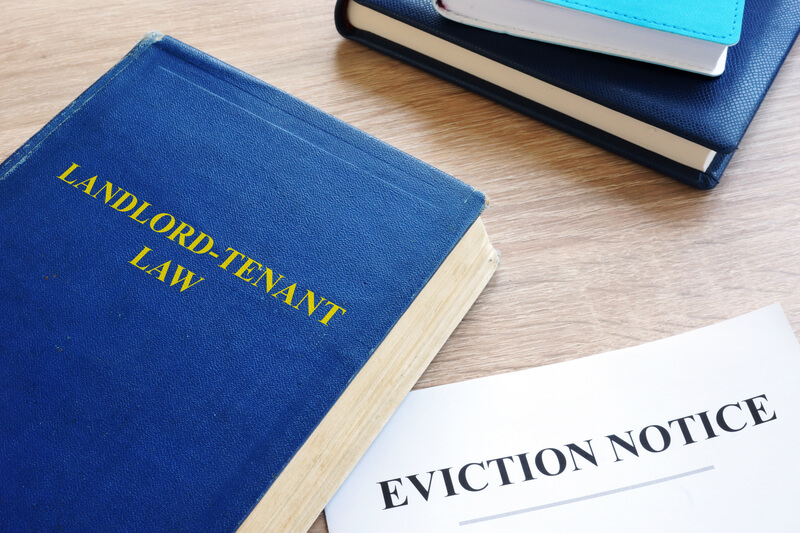Eviction is a process that no landlord or property manager ever wants to go through. It is costly, time-consuming, and can be emotionally draining. However, sometimes it is necessary in order to protect your investment and the safety of your other tenants. If you find yourself in the position of having to evict a tenant, here are some strategies you can use to make the process go as smoothly as possible. If you’re worried about this process, it’s always better to have a professional property management team who can handle eviction and other tenant-related business for you.
Valid reasoning
Make sure that you have a valid reason for evicting the tenant. Evictions can only be carried out for specific reasons such as non-payment of rent, damage to the property, disruptive behavior, illegal behavior on the property. In Alberta disputes do not go to court in front of a judge, cases are presented to the Residential Tenancy Dispute Resolution Service (RTDRS) for a hearing and if need be an order of eviction.
Proper notice
Once you have ensured your reason for eviction is prescribed under the Alberta Residential Tenancy Act, the next step is to give them proper notice. In Alberta, all notices must be in writing, be signed by the landlord, state the reason for eviction, state the time the tenancy ends, and set out the rent that is due and any additional rent that may become due during the notice period. The notice must be served in accordance with your province’s specific laws.
Document everything
Be sure to keep detailed records of all communications with the tenant, as well as any missed rent payments or damage to the property. Having a paper trail will show that you have tried to work with your tenant and that you have given them ample warning before taking any legal action. This documentation will be important if the eviction case goes to a hearing.
Follow the law
Eviction is a legal process, so it’s important to make sure that you are following all the rules and regulations as outlined in the Albert Residential Tenancy Act. If you are unsure about anything, it’s best to consult with a lawyer before proceeding.
Be prepared for a dispute
If the notice period has expired and the tenant has still not vacated the property, you will need to file with the Residential Tenancy Dispute Resolution Service (RTDRS) – this is a formal legal process. You will need to present your evidence to the hearing officer and if you are successful, the hearing officer will issue an eviction order. This can be a lengthy and expensive process, so it’s important to be prepared.
Consider alternatives
Before taking any legal action, it’s important to consider whether there are any alternatives that could be less costly and time-consuming. For example, you may be able to reach an agreement with the tenant to have them vacate the premises by a certain date.
There are many reasons why a landlord may choose to evict a tenant, but the process is never easy. By following these strategies you can ensure your handling of the eviction process is carried out fairly, legally, and smoothly. If you’re looking for a reputable property management company to help you handle the day-to-day tasks of managing your property, contact us today!


